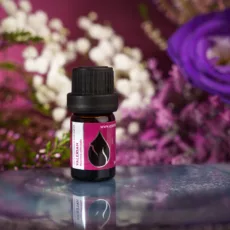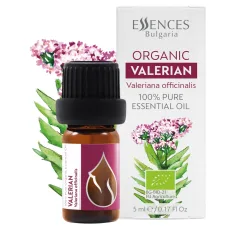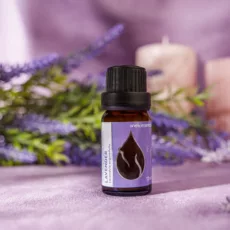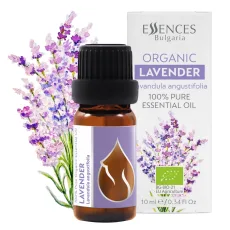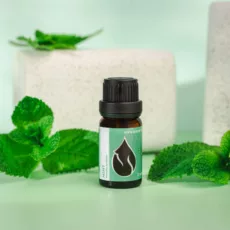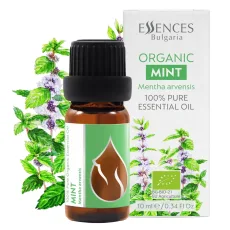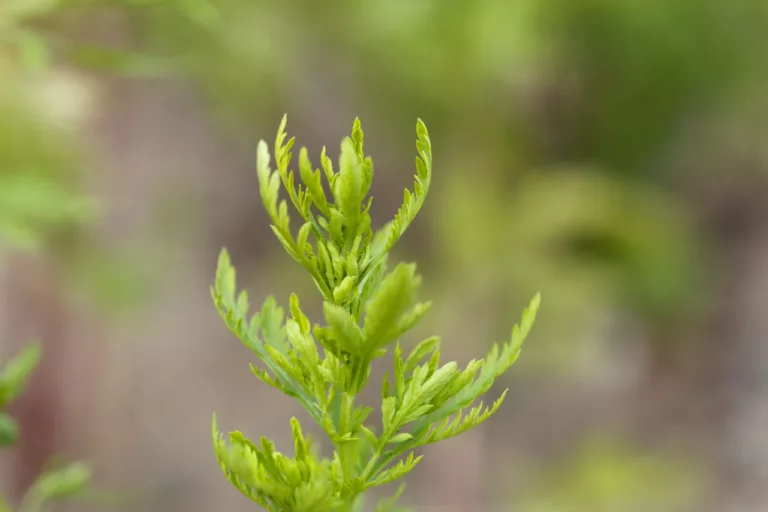Valerian
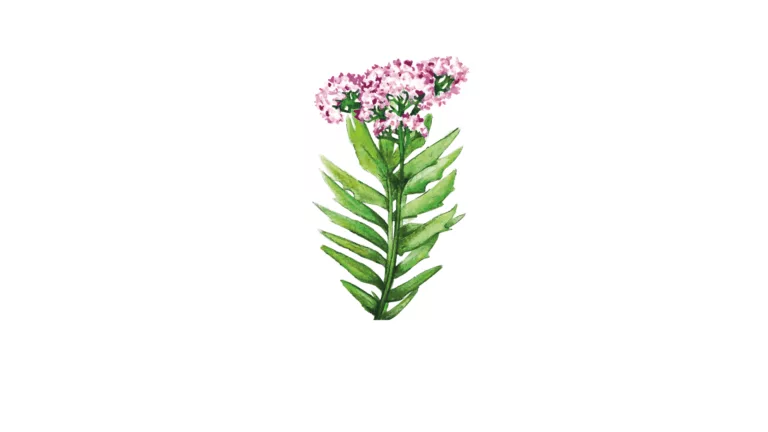
Valerian (Valeriana officinalis) is a perennial flowering plant from the valerian family, with sweet-smelling pink or white flowers, numerous roots, and a characteristic odor. The genus name comes from the Latin verb valere, meaning “to be strong, healthy,” while the folk name “cat’s herb” is due to the unusually strong attraction the scent of its leaves and roots has for cats.
Since ancient times it has been one of the magical plants said to show the way to the beyond. The herb was called “moon root” or “elf herb,” because the elves of water and moon were believed to dance around it on moonlit nights.
With a history stretching back to Ancient Greece and Rome, valerian root was used against insomnia and as a remedy to ease bouts of nervousness and anxiety. Hippocrates was the first to describe its medicinal properties, and the Greek physicians Dioscorides and Galen used the herb as an antidote to poison, while in the Middle Ages it was employed to treat epilepsy, to heal trophic ulcers, and to treat wounds in bedridden patients.
In Sweden the plant was placed in wedding clothes to ward off people’s envy. Other beliefs say it was used for protection against misfortune and evil. Nevertheless, valerian became known chiefly for its influence on nervous disorders. It was also used during the First and Second World Wars to treat mental disorders and nervous stress. It was used to scent baths and to make soap and aromatic oils.
Valerian is a medicinal herb in which the roots and rhizome are used. Valerian roots contain chemical compounds—such as valeric and isovaleric acids—that improve sleep quality and reduce feelings of anxiety. The calming and sedative effect of valerian root is due to the ability of its compounds to reduce the excitability of the nervous system. Valerian root increases levels of GABA—the amino acid responsible for regulating nerve cells—thus reducing anxiety and alleviating symptoms of chronic stress.
Many scientific studies have already established valerian and its preparations as an effective nervine, mild sleep aid, and antispasmodic. Because of its sedative action, valerian is used especially widely for overexertion, nervous palpitations, insomnia, agitation, anxiety episodes, hysteria, goiter, dizziness, and more. Good results have also been observed for short, shallow, and restless sleep.
An interesting fact about valerian is that the essential oil from its rhizome contains the substance actinidine, which acts as an attractant for cats. This is due to actinidine’s similarity to a compound found in cat urine.
